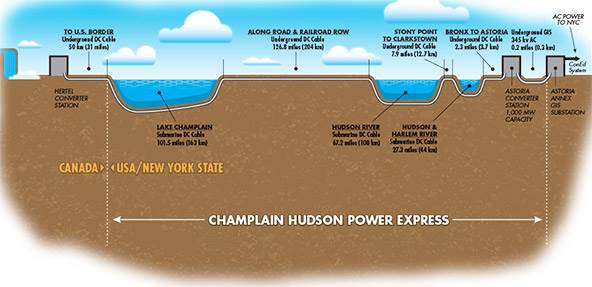Today, the Sabin Center for Change Law at Columbia Law School and the Grantham Research Institute on Climate Change and the Environment at the London School of Economics and Political Science are launching a joint online database of global climate change legislation. According to Professor Michael Gerrard, Faculty Director of the […]
By Michael Burger News accounts over the last few days have described an ongoing legal debate within the Trump administration over whether the United States should withdraw from the Paris Agreement. Two key questions are reportedly at the center of the debate: First, does the Paris Agreement permit the United […]
Each month, Arnold & Porter Kaye Scholer LLP and the Sabin Center for Climate Change Law collect and summarize developments in climate-related litigation, which we also add to our U.S. and non-U.S. climate litigation charts. If you know of any cases we have missed, please email us at columbiaclimate at gmail dot com. HERE […]
Michael Burger and Jessica Wentz Last week, the Office of Information and Regulatory Affairs (OIRA) published final guidance on implementing President Trump’s Executive Order on Reducing Regulation and Controlling Regulatory Costs, which directs all agencies to control regulatory costs by: (1) ensuring that the “incremental costs” of all new regulations […]
by Jessica Wentz Last week, I traveled to Montreal to attend the International Association for Impact Assessment (IAIA) annual conference. The theme of this year’s conference was “Impact Assessment’s Contribution to the Global Efforts in Addressing Climate Change” – a topic that we have explored in great depth at the […]
Last month, ProPublica published a list of more than 400 officials that President Trump has quietly appointed at agencies across the federal government. These officials were given beachhead positions that do not require Senate confirmation and have received far less attention in news outlets than those who do require confirmation. […]
by Justin Gundlach Three weeks ago, at the invitation of the Canadian Consulate and Hydro Québec, I traveled to see two enormous hydropower facilities. One of them, La Grande 2-A, is part of the La Grande Complex of dams, turbines, and electricity substations located in the James Bay region (see […]
Around this time of year, back in 1859, the first oil well was drilled by Edwin Drake in north-west Pennsylvania. After a slow start – drilling initially progressed at a rate of just three feet per day – Drake struck it lucky and hit oil at a depth of 69.5 […]


